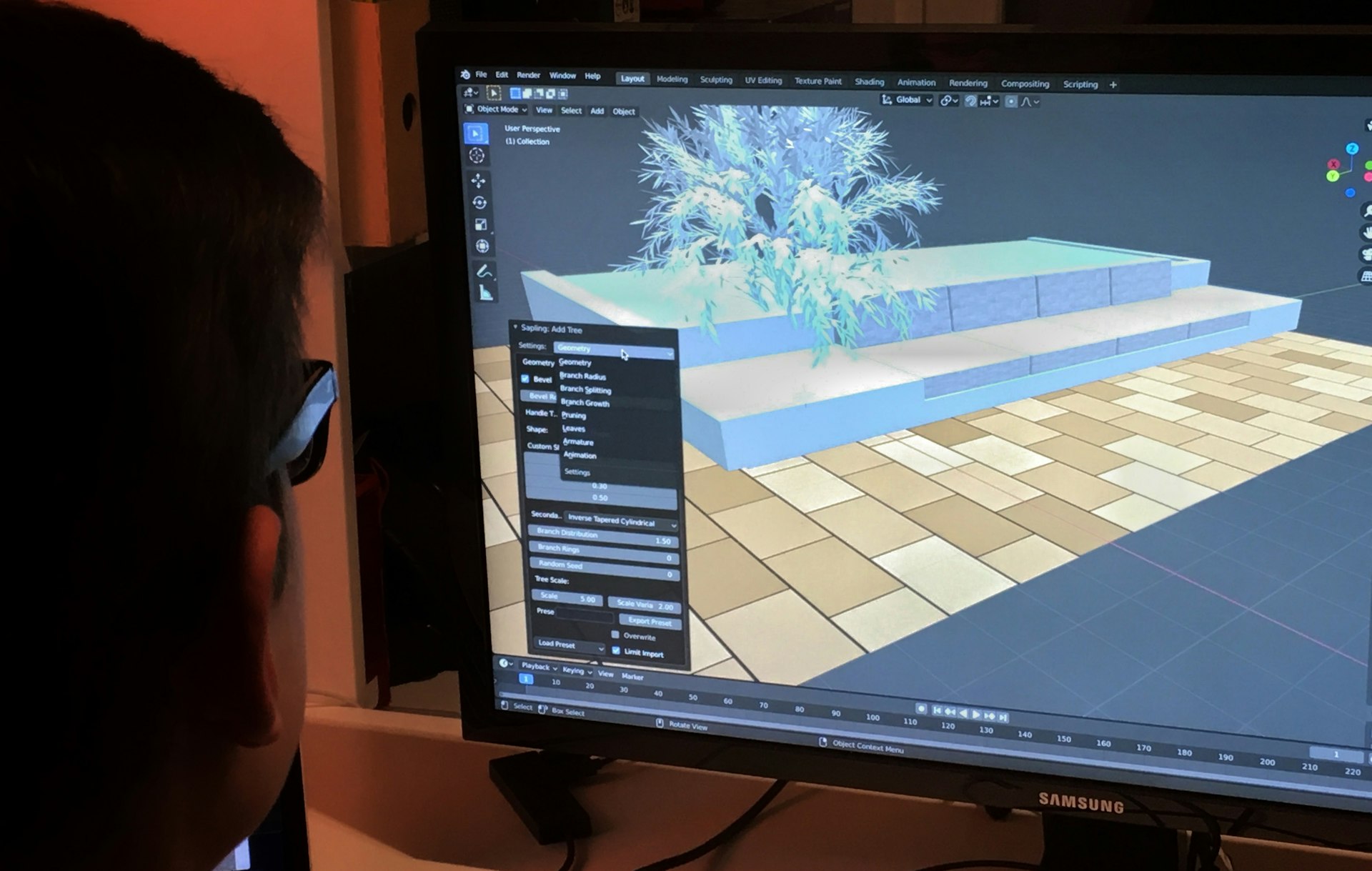How AI Companions Are Transforming RPG Gameplay and Storytelling

Photo by Vladislav Rud on Unsplash
Introduction: The Rise of Intelligent AI Companions in RPGs
Role-playing games (RPGs) have always been at the forefront of player-driven storytelling and immersive worlds. The introduction of AI companions is redefining the RPG experience, moving beyond static, scripted non-playable characters (NPCs) and introducing dynamic, emotionally aware partners. These AI companions can interpret player input, react emotionally, and make autonomous decisions, profoundly impacting gameplay, narrative depth, and player engagement [1] .
Key Benefits of AI Companions in RPG Games
1. Enhanced Storytelling and Emotional Engagement
AI companions utilize natural language processing (NLP) and emotional AI to create nuanced dialogue and emotional responses. Instead of being simple quest-givers, they become confidants, advisors, and integral parts of the story. For example, mods like Skyrim’s Herika or Stardew Valley’s AI mod allow for deep, context-aware conversations that adapt based on player choices, resulting in more personalized and emotionally resonant experiences [1] .
Players often develop genuine emotional bonds with their AI companions, experiencing moments of joy, loss, or moral dilemma. This evolution fosters deeper empathy and investment in the game world, making narrative outcomes more impactful [2] .
2. Realism and Believability
AI companions now exhibit realistic behaviors, reacting authentically to player actions and in-game events. Their ability to form relationships, engage in philosophical discussions, and challenge player viewpoints enhances believability. By providing dynamic commentary and introducing players to new storylines or cultures, AI companions enrich the lore and context of the RPG universe [2] .
3. Strategic Gameplay Support
Modern AI companions are capable allies in combat, exploration, and puzzle-solving. They can autonomously aid in battles by attacking enemies, healing players, or providing tactical advice. In stealth scenarios, they act as scouts, identifying enemy locations and assisting with navigation. During exploration, they help uncover secrets and traverse difficult terrain, making gameplay more engaging and accessible [2] .
Technical Innovations and Industry Developments
Autonomous Decision-Making and Adaptive Behavior
Generative AI technologies enable companions to make independent decisions, pursue autonomous goals, and interact with the game world in unscripted ways. For example, NVIDIA’s ACE technology powers autonomous squad members in games like PUBG, where AI teammates can communicate using game-specific language, provide strategic recommendations, and act independently during combat [4] .
AI NPCs are now capable of unlocking clues, initiating quests based on player interactions, and remembering long-term player decisions. This leads to lasting consequences and continuity, fundamentally transforming how stories unfold and increasing replayability [3] .
Integration and Development Flexibility
Game developers can integrate AI companions at any stage of development, even after launch. The process is often straightforward, as demonstrated by NetEase’s post-launch addition of AI companions using Inworld’s AI Engine. This allows studios to enhance onboarding, player retention, and engagement without overhauling existing mechanics or level design. AI companions can be introduced as tutorial guides, combat allies, or narrative partners, offering scalable solutions for studios of all sizes [5] .
Actionable Guidance for Developers and Players
For Developers: How to Implement AI Companions
If you are a game developer interested in adding AI companions to your RPG, here are practical steps:
- Assess the Current Game Architecture: Identify where AI companions would add the most value-tutorials, narrative, combat, or exploration.
- Choose a Compatible AI Engine: Explore platforms like Inworld AI or NVIDIA ACE for integration. These platforms offer APIs and toolkits designed for game developers. Visit their official websites for documentation and developer support [5] [4] .
- Plan for Narrative and Behavioral Depth: Design companion personalities, emotional responses, and autonomous behaviors that align with your game’s themes.
- Test for Consistency and Player Experience: Conduct playtests to ensure AI companions react appropriately and enhance player engagement.
- Iterate and Update: Use player feedback to refine and expand companion capabilities over time.
For Players: Maximizing Your AI Companion Experience
To fully leverage AI companion features in RPGs:
- Engage actively in dialogues and interactions with AI companions to unlock deeper storylines and moral dilemmas.
- Explore various companion personalities and roles-combat, stealth, exploration-to discover hidden game content.
- Provide feedback to developers via forums, official support channels, or beta testing programs. Many studios value player input for improving AI systems.
- Search for mods or updates that introduce advanced AI companions in popular RPGs. Use trusted modding communities like Nexus Mods and official developer websites for verified content.
Challenges and Solutions in AI Companion Integration
While the promise of AI companions is vast, developers and players may encounter challenges such as inconsistent personality modeling, potential narrative disruptions, or technical limitations. Developers should prioritize regular testing, player feedback, and incremental updates to overcome these issues.

Photo by Markus Winkler on Unsplash
For players, understanding that AI companions are continually evolving can foster patience and a willingness to adapt to new gameplay dynamics. As the technology matures, expect more consistent personalities, richer emotional interactions, and seamless integration into game worlds [1] .
Alternative Approaches and Emerging Trends
Some developers may opt for hybrid systems, combining scripted events with AI-driven behaviors to balance predictability and innovation. Others focus on collaborative multiplayer companions, merging AI and human teamwork for unique experiences. Cloud-based AI systems also offer scalable solutions for large-scale RPGs, enabling real-time updates and personalization.
For those seeking to explore or implement AI companions, consider joining industry webinars, developer forums, and academic conferences devoted to game AI. Organizations like the Game Developers Conference (GDC) and SIGGRAPH often feature sessions on AI innovation in gaming.
Key Takeaways
AI companions are revolutionizing RPG gameplay by creating emotionally aware, autonomous partners who enhance storytelling, realism, and strategic depth. Developers can integrate these systems efficiently, while players benefit from richer, more immersive experiences. As technology advances, expect AI companions to become central to both narrative and gameplay innovation across the RPG genre.
References
- [1] Genies (2025). AI Companions in Role‑Playing Games: A New Layer of Storytelling.
- [2] Vocal Media (2025). The Role of AI Companions in Single-Player Games.
- [3] Inworld AI (2025). AI NPCs and the Future of Gaming.
- [4] NVIDIA (2025). NVIDIA Redefines Game AI With ACE Autonomous Game Characters.
- [5] Inworld AI (2025). The Case for Adding AI Companions to Video Games.
MORE FROM zestpath.net













